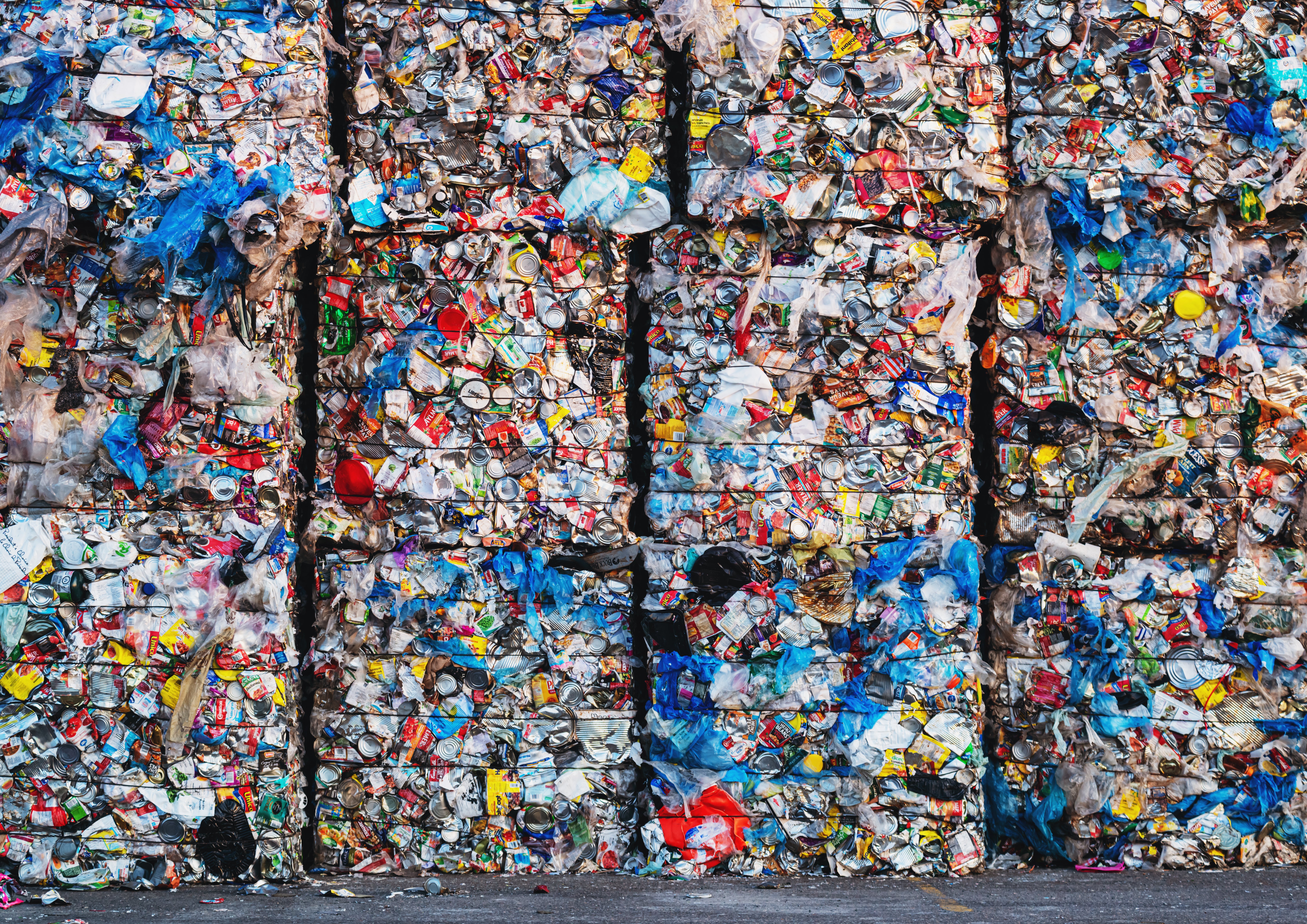Millions of Britons ‘still not recycling cardboard, food and plastic’
‘Recycling needs to be superseded in some areas by more attractive reuse and refill business models,’ waste expert says

Your support helps us to tell the story
From reproductive rights to climate change to Big Tech, The Independent is on the ground when the story is developing. Whether it's investigating the financials of Elon Musk's pro-Trump PAC or producing our latest documentary, 'The A Word', which shines a light on the American women fighting for reproductive rights, we know how important it is to parse out the facts from the messaging.
At such a critical moment in US history, we need reporters on the ground. Your donation allows us to keep sending journalists to speak to both sides of the story.
The Independent is trusted by Americans across the entire political spectrum. And unlike many other quality news outlets, we choose not to lock Americans out of our reporting and analysis with paywalls. We believe quality journalism should be available to everyone, paid for by those who can afford it.
Your support makes all the difference.As many as eight in 10 households are still failing to recycle simple items like cardboard, plastic and food, according to a poll.
The survey of 2,000 adults found one-quarter did not feel educated enough about what they can and cannot throw away – and the impact this could have on the environment.
And 42 per cent said there are so many misconceptions and myths around recycling, they probably did not do it properly and still found it confusing.
Only 42 per cent break down their cardboard boxes for pick-up, and 59 per cent do not think to put paper anywhere other than their general waste bin.
Food (81 per cent), aluminium foil (73 per cent), newspapers (65 per cent) and wine bottles (67 per cent) also made their way into the general household bin waste.
Charlotte White, from Robinsons, which commissioned the research: “Clearly, the large majority of Britons try their best when it comes to recycling, but it’s not always simple when it comes to knowing what you can and can’t recycle.”
She added: “There are many myths that can add to the confusion when deciding what to put in your boxes for your collection, or what you can or cannot take to a recycling centre.
“However, we hope we can help with the insight from the experts, to give some clarity on the everyday items that you can recycle with confidence to help do your bit.”
The poll also found that while 66 per cent of respondents tried to recycle as much as they could, 55 per cent were still very unclear about what can be collected.
Other items likely to end up in the rubbish bin included bulbs, compost, grass clippings and pizza boxes.
Three in 10 adults said they often found items they had put in their recycling boxes were still there after the collection has taken place, as they weren’t deemed suitable.
Roger Wright, from the waste company Biffa, said: “In the UK, our recycling habits have plateaued with roughly only 50 per cent of the things that could be recycled, actually getting recycled.
“There are lots of reasons for this but we feel it needs more intervention from brands and retailers to incentivise or gamify good habits in this respect, in order to move the dial.
“The biggest problem for a recycling facility is contamination - when things like wood, food, green waste, aggregates, polystyrene, nappies and general waste are put out for recycling.
“When too much contaminated material is collected, it potentially prevents the whole load from being recycled. Some of these items can also clog or damage machinery.
“Recycling needs to be superseded in some areas by more attractive reuse and refill business models or supported by deposit return type schemes on anything that can only ever be recycled.”


Join our commenting forum
Join thought-provoking conversations, follow other Independent readers and see their replies
Comments